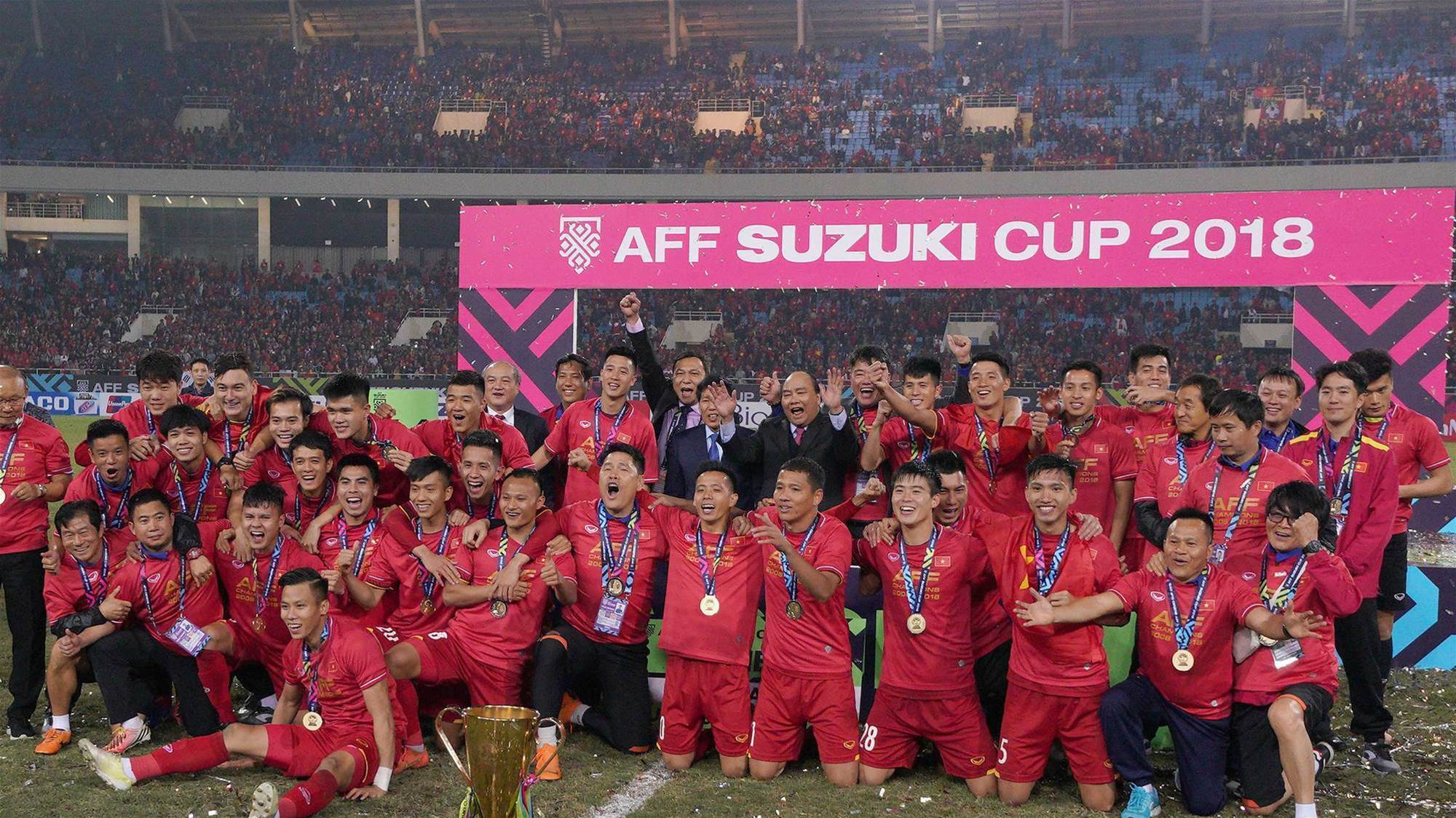South-East Asia’s month-long football extravaganza the Suzuki Cup could be the missing ingredient that powers the Socceroos’ future development in Asia, says one former national team midfielder based in the region.
Former Socceroo Brad Maloney has worked in South-East Asia for the last five years, employed as a coach in the Malaysian national team set-ups alongside Ong Kim Swee.
The former NSL midfielder is all for the Socceroos getting a taste of the rapidly growing football revolution on our nation’s doorstep.
Because, as he says, it gives Australia two vital ingredients: real tournament football experience that mirrors a World Cup group qualifier, and increasingly stronger opposition with matches played in front of big crowds.
“Back home, we’re a little bit isolated,” the six-time capped Socceroo told FTBL in Kuala Lumpur. “Australia doesn’t really get enough football at International level.
“Here, for me, every two years is the SEA Games which is U23 level. Every four years is the Asian Games which is U23 plus three over-age and every two years is the Suzuki Cup which is a senior tournament.
“Plus of course there are World Cup qualifiers for the senior national teams. For a coach, it’s great having these tournaments and all these games
“As we’ve seen, the rapid development of the nations in this part of the world has been enormous. A lot of people are talking about teams like Vietnam and Thailand catching up with Australia and even surpassing us.
“So it’d be a good gauge on where we sit in relation to those countries,” said Maloney, who played for Marconi and Perth Glory in the NSL.

The Suzuki Cup runs November to December and with no FIFA window, it’s a golden opportunity to give fringe and upcoming Socceroos their chance.
Although it would run through the A-League, this means potentially Asian-based Aussies who have finished their season may get their chance.
A key selling point for Australia potentially playing in the Suzuki Cup is the chance for younger Socceroos in Australia, in Asia and beyond to gain national team experience that mirrors a World Cup qualification game.
And by playing in South-East Asia’s elite international tournament - dubbed the “World Cup of South East Asia”, played over a month across the region - Australia’s fringe players can gain tournament experience against some of the best players in the region in conditions mirroring a World Cup qualifier.
For example, there was over 80,000 for a group stage game in Malaysia, while in Thailand and Vietnam crowds of around 30-40,000 turned for some of their group games. The final as expected was a sellout in both Kuala Lumpur (with over 88,000) and at the My Dinh in Hanoi.
What’s more, big-name coaches added cachet to the latest edition. Former England manager Sven-Goran Eriksson coached the Philippines, and A-League marquee Keisuke Honda was is in charge of Cambodia.
Significantly, given Australia’s commercial realities, the Suzuki Cup 2018 picked up their first-ever Chinese partner sponsorship with a leading smartphone brand. And Air Asia - which has opened its own international terminal in Western Melbourne at Avalon Airport - was also an official tournament supporter.
FFA CEO David Gallup told the SMH recently that the rapidly increasing strength of football in the SEA region and the commercial possibilities meant it was an option “certainly worth exploring”.

Maloney agrees: “It’s great for Australia to have a chance to play in the Suzuki Cup. I believe it’s possible and I believe the wheels are in motion to make it happen.
“Obviously the traveling might be an issue, we’re not sure how the tournament will be structured because there have been different scenarios, sometimes there’s a host nation. Or two hosts.
“Last year it was across South East Asia with two home games and two away. Whether they’d do that with Australia I’m not sure. The traveling might be an issue.
“There was over 88,00 against Vietnam here in the first leg final. That’s the thing, you see a game like that with tickets sold out in hours. We hosted the SEA Games in 2017 and we had 70-80,000.
“So if Australia can be involved in that type of tournament it’s tournament football in really tough conditions against nations with big support.
“Australia has a good reputation in Asia. Obviously, we’re one of the highest ranking nations so it’d be great for the tournament and nations too. But the best thing for me is for Australia to test themselves against these South East Asian nations," said Maloney.
The next Suzuki Cup will be held in 2020.
Related Articles

Socceroos midfielder embraces move to England

Cardiff City snap up sought-after Socceroos starlet













